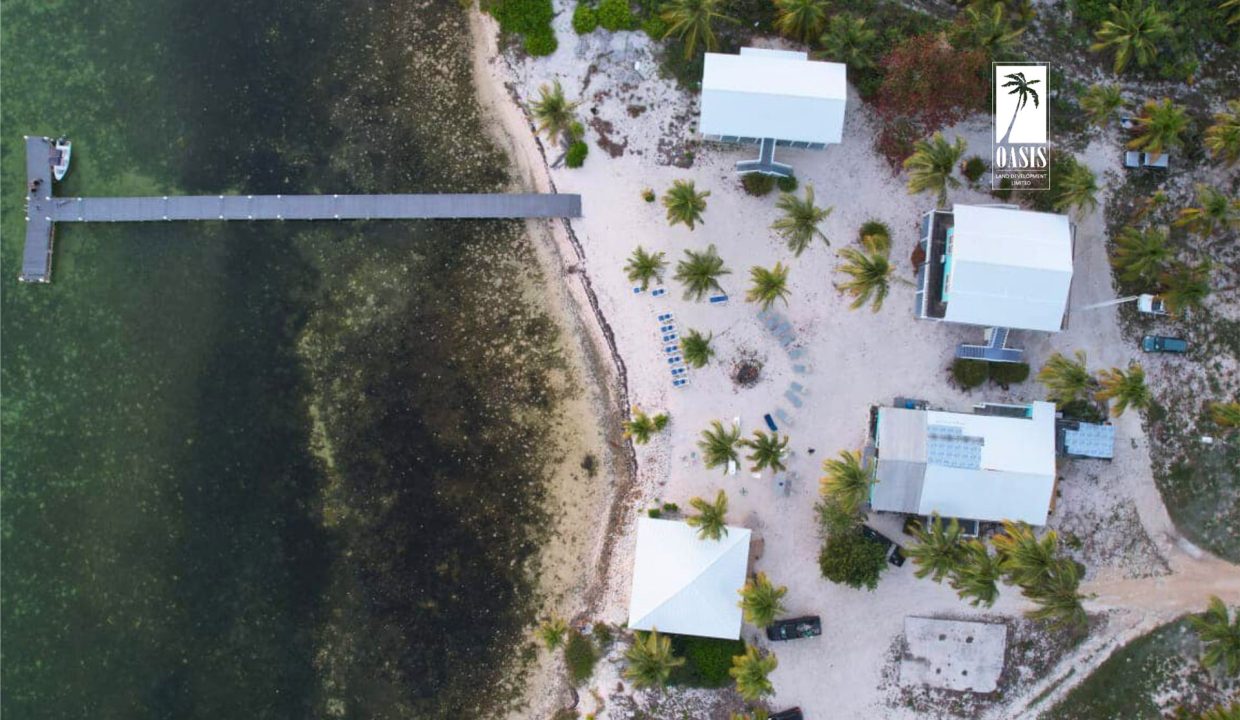Little Cayman $35 Million Resort Approved
The Sister Islands’ planning board has recently given the green light, for the second time, to Peppercorn Investments’ application to construct a $35 million resort in Kingston Bight, Little Cayman. The same developer had previously faced refusal when they sought permission to build overwater bungalows on the site. This time, the development application was split into two parts, with the on-land component considered separately.
In February of the previous year, the board had initially approved the land-side application. However, eight months later, the Planning Appeals Tribunal overruled that decision, citing a lack of detailed explanation from the Development Control Board regarding their approval. This sent the matter back to the board for further review.
Additionally, the coastal works license application for the controversial overwater bungalows, which involved a 450-foot-long dock with 19 one-bedroom units, was rejected by Cabinet, effectively ending that aspect of the project.
According to the recently released minutes of the March 6th meeting, the Development Control Board granted permission for the land-side part of the project, which is owned by Matthew Wight, Naul Bodden, and Bill Maines. The proposed 42-bedroom resort will be located on the current site of Kingston Bight beach bar and will include two- and three-bedroom units styled as Caymanian houses, a restaurant, wellness spa, beach bar, pavilions, huts, and seven pools. The developers envision operating it as a four- or five-star boutique hotel.
During the meeting, architect John Doak, representing the applicants, expressed that the developers shared concerns about the scale of development on the island and assured that the project would have minimal impact on the environment, aiming to promote investment while preserving the island’s natural beauty.
Only one objection was raised during the application hearing, by neighbour Daphne Berger, represented by legal counsel Kate McClymont. Berger argued that since the original application included the overwater bungalow element, the entire application should be resubmitted for public consideration. She expressed concern that such a large development would drastically change the character of Little Cayman, which many residents opposed, citing the site’s pristine nature.
The Department of Environment also raised concerns about the absence of a development plan to guide the appropriateness of such a large resort, potential adverse impacts on the island’s infrastructure, and questioned the project’s overall sustainability.
Despite these concerns, the board approved the application with a set of 14 conditions, including compliance with the Department of Environment’s directives and recommendations. Notably, the approval will only be valid for five years, expiring in 2028 if construction does not commence within that period. The board provided a detailed explanation for granting planning permission this time, addressing the planning parameters, compatibility with existing land uses, and the considerations made based on the Department of Environment’s recommendations.
While the objections raised were taken into account, the board concluded that certain concerns were not deemed relevant planning considerations under existing regulations and did not require further consideration.
